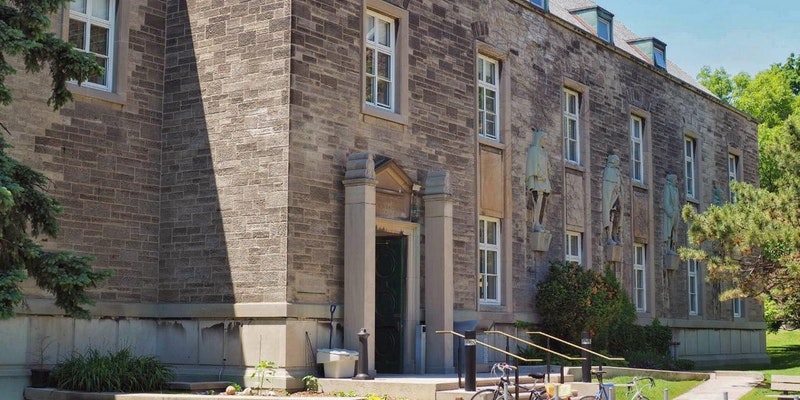Roundtable on Electoral Reform in Canada
April 25, 2016 | By Public Policy Admin |
The electoral system establishes the framework within which parties compete, the way in which votes are translated into representation, the connection between voters and their representatives and the ways in which governments and oppositions are formed. Because changing the electoral system affects all of these dynamics, it is a high-stake endeavour. There is no perfect electoral system: all involve trade-offs of advantages and disadvantages.

Two moderated conversations among experts will set the stage for our discussion.
Itinerary
12:30 – 1:00 Pick-up lunch and welcoming remarks
1:00 – 2:15 Panel 1: Stakes and Trade-offs
Moderator: Chris Cochrane
Taking into account the ways in which electoral systems shape the behaviour of parties, voters (and potential voters) and their representatives and ultimately the functioning of government and opposition, each speaker will consider the trade-offs involved in particular types of systems:
- First-Past-the-Post and Alternative Vote – Joseph Heath
- Proportional and Semi-proportional Voting Systems – Dennis Pilon
2:15 – 2:30 Break
2:30 – 3:45 Panel 2: How should we choose?
Moderator: Lorne Sossin
Given the stakes and trade-offs discussed in Panel 1, the choice of electoral system is fundamentally important, and the process of choice needs to respect essential principles of democratic governance.
Yasmin Dawood and Peter Russell will be in conversation on issues of accountability and representation, as they bear on the choice of electoral system
3:45 – 4:00 Closing Remarks
Roundtable will be followed by:
2016 Cadario Visiting Faculty Lecture featuring Pippa Norris:
Would Electoral Reform Strengthen Electoral Integrity? The Canadian Debate in Comparative Perspective
7:00 – 8:30 pm
Desautels Hall, Rotman School of Management, 105 St. George Street
Register Here: cadariolecture2016.eventbrite.ca





